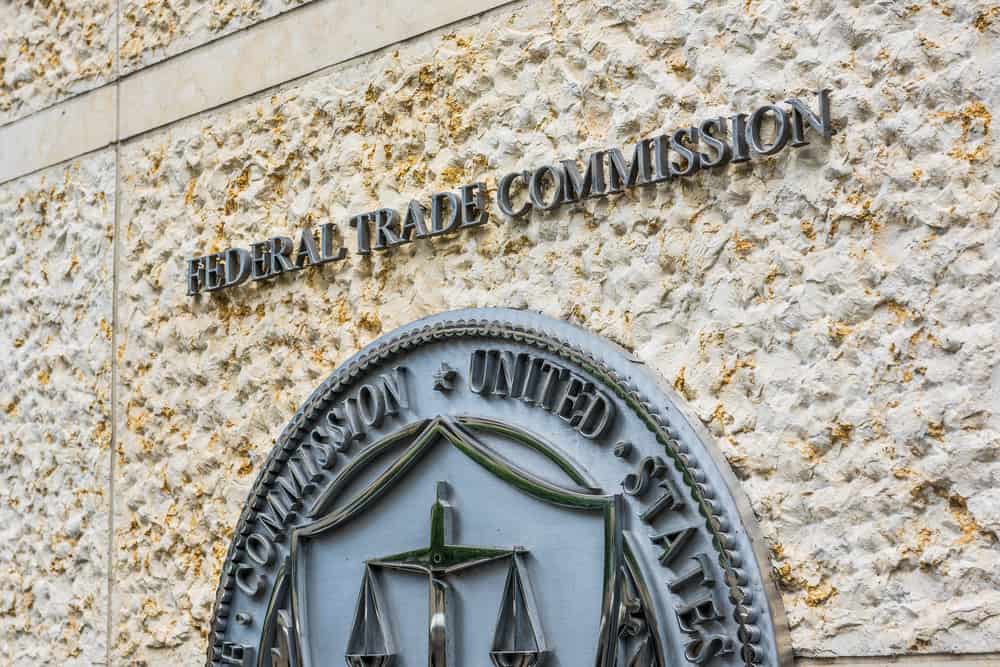|
|
Content Assessment: Time for a Change? FTC Proposes Changes to HSR Act Premerger Notification Rules
Information - 95%
Insight - 90%
Relevance - 90%
Objectivity - 95%
Authority - 100%
94%
Excellent
A short-percentage based assessment of the qualitative benefit of the recent post highlighting proposed updates related to HSR rulemaking.
Editor’s Note: The Hart-Scott-Rodino or HSR Act and its implementing rules require the parties to certain mergers and acquisitions to file notifications with the antitrust agencies and to wait a specified period of time before consummating such transactions. The recently announced proposed amendments by the Federal Trade Commission (FTC), if enacted, would make significant changes to the premerger notification rules under the HSR Act. The full media release and copies of the proposed amendments are presented for your consideration. Additionally, a recent update to electronic HSR submission requirements regarding the searchability of PDFs is provided for your review.
FTC Press Announcement
FTC and DOJ Seek Comments on Proposed Amendments to HSR Rules and Advanced Notice of Proposed HSR Rulemaking
The Federal Trade Commission, with the concurrence of the Antitrust Division of the U.S. Department of Justice, will publish in the Federal Register a Notice of Proposed Rulemaking and an Advance Notice of Proposed Rulemaking regarding proposed changes to the rules and interpretations implementing the Hart-Scott-Rodino Act.
The Hart-Scott-Rodino or HSR Act and its implementing rules require the parties to certain mergers and acquisitions to file notifications with the antitrust agencies and to wait a specified period of time before consummating such transactions.
The Notice of Proposed Rulemaking proposes two changes to the existing rules. The first proposed change would require filers to disclose additional information about their associates and to aggregate acquisitions in the same issuer across those entities. The second change is a new proposed rule that would exempt the acquisition of 10 percent or less of an issuer’s voting securities unless the acquiring person already has a competitively significant relationship with the issuer.
The Advance Notice of Public Rulemaking seeks to gather information on seven topics that will help determine the path for future amendments to the HSR rules and interpretations of those rules. These topics include: the size of transaction; real estate investment trusts; non-corporate entities; acquisitions of small amounts of voting securities; influence outside the scope of voting securities; transactions or devices for avoiding the HSR Act requirements; and issues pertaining to the HSR filing process.
Notices to be published in the Federal Register on both the Notice of Proposed Rulemaking and the Advance Notice of Proposed Rulemaking will provide more information. Comments are due 60 days after publication.
The Commission vote to publish for public comment the Notice of Proposed Rulemaking containing proposed amendments to the HSR Rules was 3-2. Commissioners Rohit Chopra and Rebecca Kelly Slaughter voted no. The Commission vote to publish for public comment the Advance Notice of Proposed Rulemaking that seeks information on further potential changes to the HSR Rules was 5-0.
Notice of Proposed Rulemaking (PDF)
Notice of Proposed Rule Making – HSRAdvance Notice of Proposed Rulemaking (PDF)
Advance Notice of Proposed Rule Making – HSR – 2HSR Premerger Notification Program Update (September 16, 2020)
From the FTC: Please note that for all electronic HSR submissions, we require that submitted PDFs have searchable text. That is, the PNO and DOJ must be able to search the document, and select, copy and paste text from the PDFs directly into our Premerger database. Text in a PDF that’s obtained from an image file may not be able to be selected and copied, resulting in a longer processing time by the PNO and potentially delaying our review. Please make sure that all text is searchable and able to be selected and copied before submission.
Read the complete update from the FTC
Additional Reading
- Context for Assertions? The Pulse Rate of Second Requests
- Got a Second (Request)? 42nd Hart-Scott-Rodino Report Released
Source: ComplexDiscovery



























